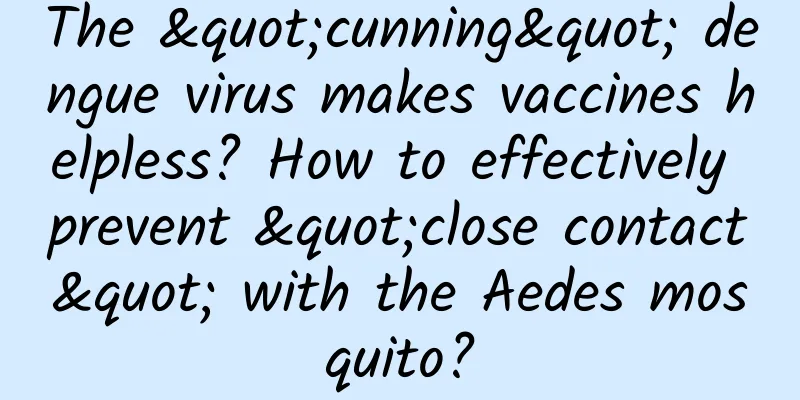What to do if you are pregnant with a high risk of Down syndrome

|
Down syndrome is a relatively scary disease. There is currently no better treatment for this disease. Therefore, pregnant women will undergo some examinations during pregnancy to determine the development and health of the fetus. Down syndrome screening is a test to measure the probability of a fetus suffering from Down syndrome. After Down syndrome screening, many pregnant women’s test results are high risk. Such results will make pregnant women very nervous and they don’t know what to do. What should I do if Down syndrome screening results show high risk? If you find that you have a high risk of Down syndrome, you need to go to a designated hospital for a non-invasive DNA or amniocentesis test. The accuracy of Down syndrome screening is only 50% to 60%, while the accuracy of non-invasive DNA testing is over 90%. The accuracy of amniocentesis will be even higher, so if you find a high risk after a Down syndrome screening test, you can do further testing to make the result clear. After a high-risk Down syndrome screening occurs, if the pregnant woman is older, she generally needs to undergo amniocentesis. Because the accuracy of Down syndrome screening is really low, the examination will definitely have an impact on the pregnant woman's psychology. Therefore, directly performing amniocentesis can further understand the physical condition and is also a more reliable examination method. You can also choose non-invasive DNA testing, which is relatively safer, but the price will be much more expensive. For non-invasive DNA testing, the results usually take 15 days to come out, while amniocentesis takes 30 days to come out. What are the reasons for Down syndrome screening? There are many reasons for the high risk of Down syndrome screening, such as viral infection, radiation, indiscriminate use of drugs, blind use of drugs, etc. are all reasons for the high risk of sugar screening. The high risk of Down syndrome screening can determine the probability of Down syndrome, but it is not the final result. If the risk of Down syndrome screening is high, amniocentesis can be performed to have a more comprehensive understanding of the patient's condition and further treatment can be performed. The older the pregnant woman, the greater the chance that her baby will have Down syndrome. In fact, if the couple is too old, if they are over 35 years old, they are more likely to have children. Pregnant women who have given birth to premature babies, have habitual miscarriages or stillbirths, or who have abnormal babies such as hydrocephalus, are more likely to have a second pregnancy. Pregnant women who have influenza and rubella before and after pregnancy are also at high risk of Down syndrome. It is recommended that the mother be tested for teratogenic factors including herpes simplex virus, cytomegalovirus, and rubella virus to determine whether they have been infected with these viruses. If a couple has a chromosomal abnormality, the risk of Down syndrome is higher. Doctors generally recommend that pregnant women over 35 years old undergo amniocentesis during pregnancy to detect fetal chromosomal abnormalities. |
>>: What to do if your knees hurt before your period
Recommend
What causes poor follicular development?
Some women may encounter the phenomenon of poor f...
Can I dye my hair when my period comes?
Hair dyeing has become a fashion nowadays. Whethe...
Introduction to muscular thighs
In today's life, many friends hope to have sl...
What is The Siamese Code adapted from? Is Luo Yunxi the lead actor in The Siamese Code?
The TV series Siamese Code starring Xie Binbin, L...
Is it useful to repair the uterus after abortion?
Under some special circumstances, female friends ...
Flurry: Apple accounted for 51.3% of devices activated during Christmas week
199IT original compilation Many consumers spend t...
What are the symptoms of HPV disease
Eight out of ten women have HPV. In fact, this is...
Why do the elderly use more diuretics and the young use more sartans to treat hypertension?
A friend of Huazi has been having headaches recen...
Differences between CT and MRI
With the rapid development of medical technology,...
Frequent false labor at 38 weeks of pregnancy
When the pregnancy reaches the later stage, that ...
Pregnancy forty days lower abdomen pain on the right side
When a woman is 40 days pregnant, she is still in...
Seven bad habits will make women's breasts become "loose"
In order to maintain their beautiful breast curve...
What should I do if I have a left ovarian teratoma?
Generally speaking, if a teratoma appears in the ...
Helicobacter pylori has these "effects"? Don't be complacent, you still have to treat it!
In 1982, Australian scientists Barry Marshall and...
What does it mean to have a baby?
Friends who have a comprehensive understanding of...









